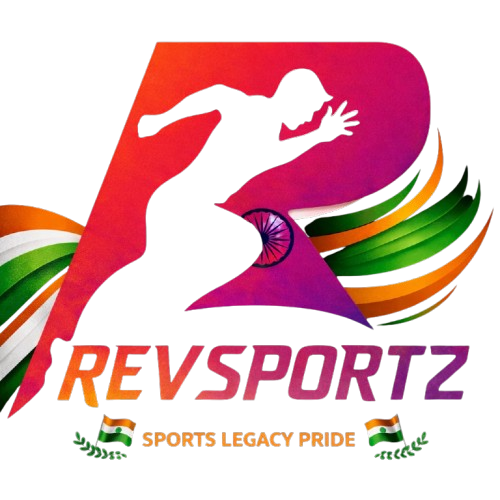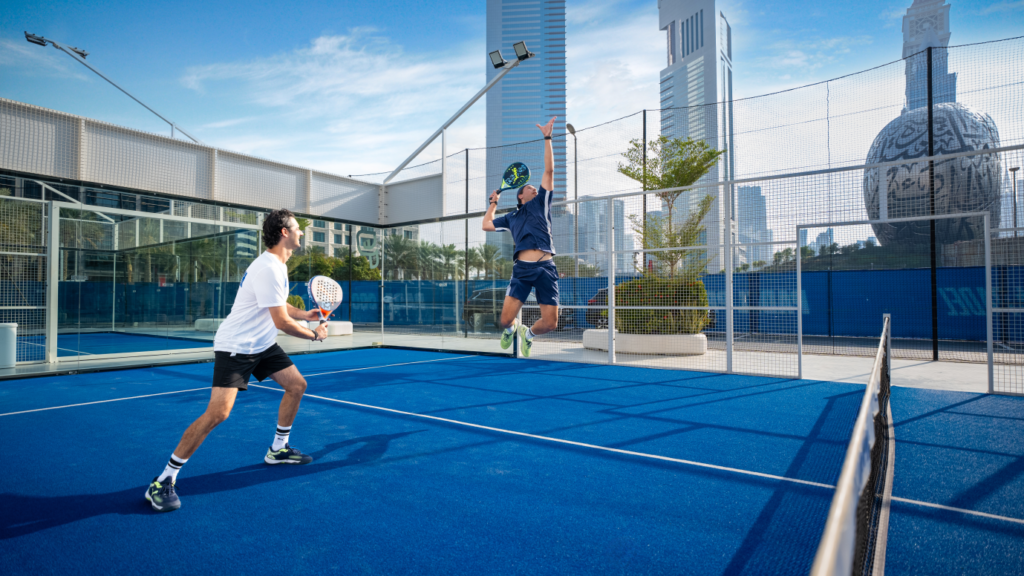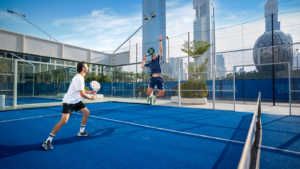
“Being an ardent tennis fan for decades, I was among the staunch disbelievers in padel… I have even mocked my friends who started playing padel, saying, ‘you’ve left the pure sport and moved to the dark side’… until I played it myself and absolutely loved it! Now I hardly get to play tennis, and I’m not regretting it one bit!” This candid confession from Zafar, a Dubai-based former tennis devotee encapsulates the city’s collective pivot toward padel — a sport that has swiftly transitioned from niche pastime to mainstream obsession.
Across the globe, a quiet revolution is reshaping how the next generation plays, competes, and connects. Gen Z, born between the mid-90s and early 2010s, is gravitating towards sports that blend physical thrill, social engagement, and aesthetic appeal. These aren’t just games; they’re lifestyle statements.
In this five-part series, we explore the rise of “Gen Z Sports”….fast, accessible, and Instagrammable. From padel courts in Dubai to bouldering gyms in Berlin, and pickleball parks in Bengaluru, we decode the trends, the tech, and the tribes that are rewriting the rulebook for sport in the 21st century.
Dubai’s padel landscape has expanded at an astonishing pace. From just a handful of courts a few years ago, the city now boasts over 400 padel courts, reflecting the sport’s surging popularity among residents and visitors alike. This growth is part of a broader trend across the UAE, which, along with Saudi Arabia, leads Asia in the number of padel clubs and courts.
Brent Van der Ven, who runs the AUD social padel facility, says: “I think it’s like many team sports or sports in general, it connects people together where there is a mutual interest in the sports. It is played close together and easy to learn, so it becomes a very social activity and people love being active and having the chance to meet new people while doing it. There is also a steep learning curve what makes people engaged and interested as every game is different and you see yourself improving a recipe for success.”
For More Exciting Articles: Follow RevSportz
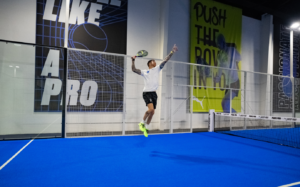
Padel’s appeal lies in its accessibility and social nature. Unlike tennis, which often requires extensive training, padel is easy to pick up, making it inviting for players of all skill levels. The sport’s doubles format fosters camaraderie, while the enclosed courts encourage dynamic, fast-paced play.
The proliferation of padel clubs in Dubai has led to increased competition, with venues offering a range of memberships and amenities to attract and retain players. For instance, Central Padel Dubai provides members with priority booking, fixed timings, and access to exclusive events and coaching programs .
Similarly, Viya Padel offers memberships that include court bookings across multiple locations, dining discounts, and coaching rates. These offers reflect a broader trend of padel clubs positioning themselves as lifestyle hubs, combining sport, socializing, and wellness. From the chic Matcha Club, known for its minimalist design and wellness offerings, to the innovative PadelX Floating Court, which offers a unique playing experience on water, padel venues are redefining recreational spaces in Dubai.
John David, Manager at Padel Pro that runs a chain of successful padel courts in Dubai for more than five years, sums it up. “Padel offers an ideal blend of fitness, fun and social interaction that aligns perfectly with Dubai’s active and community-oriented life style. Its accessibility for players of all levels, combined with the visually appealing courts and the strong influencer/celebrity presence, has created a sport that feels modern, inclusive and aspirational. The year round climate, especially with indoor facilities, has boosted its growth even more.”
HH Sheikh Hamdan bin Mohammed Al Maktoum, the Crown Prince of Dubai, has played a pivotal role in popularizing padel across the emirate. His active engagement, notably playing publicly and even launching Ramadan-themed tournaments, sparked widespread interest among Dubai’s residents. This royal endorsement led to government recognition in 2019, the formation of the UAE Padel Association, and rapid growth of the sport. Thanks to his leadership and social media presence, padel has transformed from a niche pastime into one of Dubai’s top sports, second only to football in popularity.
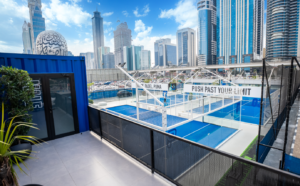
In India, padel is where Zumba was a decade ago…known in elite circles, but not yet mainstream. A handful of cities like Mumbai, Bengaluru, and Hyderabad have begun experimenting with padel clubs, often tucked within premium real estate developments. The current ecosystem remains embryonic, with less than 50 operational courts nationwide and limited visibility in school or college-level programmes.
However, India is ripe for a padel explosion. Padel courts require less space than tennis courts, making them ideal for India’s densely packed urban centres and apartment complexes. With Gen Z preferring quick, collaborative experiences over long, solitary sports, padel fits the bill with its short matches, team format, and vibrant energy. With the rise of fitness influencers and athleisure trends, padel can ride the wave as a status-driven sport ideal for social media.
Padel leagues in Europe have shown successful franchising models. India, with its IPL-honed appetite for sports leagues, could incubate a city-based padel circuit. Padel clubs in Dubai have app-based booking, digital leaderboards, and social clubs. India’s tech-savvy, app-first generation would welcome a similar experience.
Dubai shows what’s possible when infrastructure, aspiration, and social culture come together. For India, padel could become the next breakout sport…not by replacing cricket or badminton, but by offering a new space where fitness, friendship, and flair meet. The moment is now.
Also Read: Mission Bavuma: The Final Redemption

